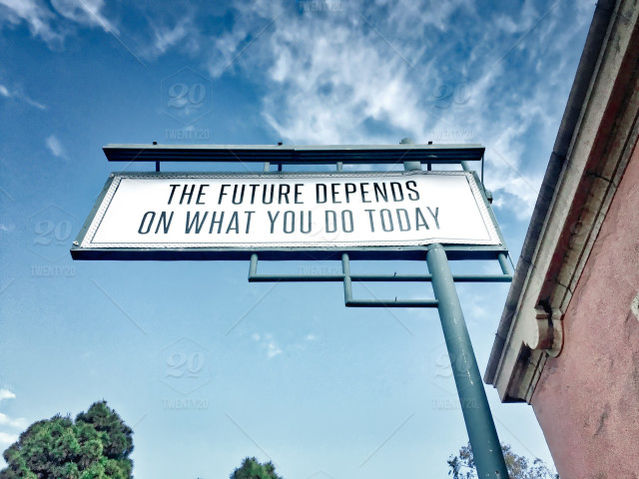
Happiness
What We Can Learn from the Sexual Harassment Reckoning
If 2017 was the year of reckoning, 2018 can be the year of truth.
Posted January 4, 2018
So many of us are following America's long-overdue sexual harassment reckoning with a confusing mix of horror and hope that things might finally change. And indeed, it's not often that a self-awareness-related story overtakes a news cycle in quite this way.
I recently spoke to NPR's Michel Martin about the role self-awareness plays in sexual harassment, as well as the underlying lessons that these events can and should be teaching us.
Arguably, the most common question people are asking is, "how on earth could [insert name of accused] not have known that their behavior was inappropriate?" Take Charlie Rose, who "always thought [he] was pursuing shared feelings." Or Matt Lauer claiming that was being said about him was "untrue or mischaracterized."
But once we see just how blind we humans can really be about our behavior, such delusion becomes much less surprising. In one study, for example, participants proved to be positively terrible judges of their own non-verbal behaviors (things like voice volume, gestures, etc.). Shockingly, this wasn't just the case when they were trying to track their actions in real time; people were just as wrong after watching themselves on videotape!
Adding power to the equation takes this blindness to the next level. Empirically, people in positions of power are more likely to be unrealistically overconfident, dangerously unaware of their limitations, and significantly less able to empathize with others.
As anyone who's had a terrible boss can attest, powerful people often have an attitude of "Hey, my behavior got me this far, so what I'm doing must be okay." And the higher up they are on the food chain, the scarier it is for others to knock them off their perch.
Without a doubt, people like Harvey Weinstein, David Sweeney, Louis CK, and others like them are extreme examples of the lengths powerful people can go to lie to themselves about their bad behavior.

But at the risk of being slightly confrontational, the moral of this story isn't just about holding these extreme examples to account. It's that each and every one of us must start facing ourselves with unflinching honesty about how we're showing up, how that behavior impacts those around us, and how we might be getting in our own way without even knowing it.
On a daily basis, we should all be asking, is how I acted today a reflection of who I want to be? Did I do my best to empathize with and take the perspective of others? Am I doing enough to seek out critical feedback from people who will tell me the truth?
And lest this message appear negative or hopeless on the face of things (especially around the holidays), let me be clear: there is no greater way to ensure our happiness, fulfillment, and success than making the choice to see ourselves clearly.
Just imagine what the world would look like if everyone you encountered next year was even 25 percent more self-aware than they were this year?
So as we say goodbye to the Year of Reckoning that was 2017, let's make 2018 the Year of Truth. May we all be brave enough to tell it to others and wise enough to search for it in ourselves.

